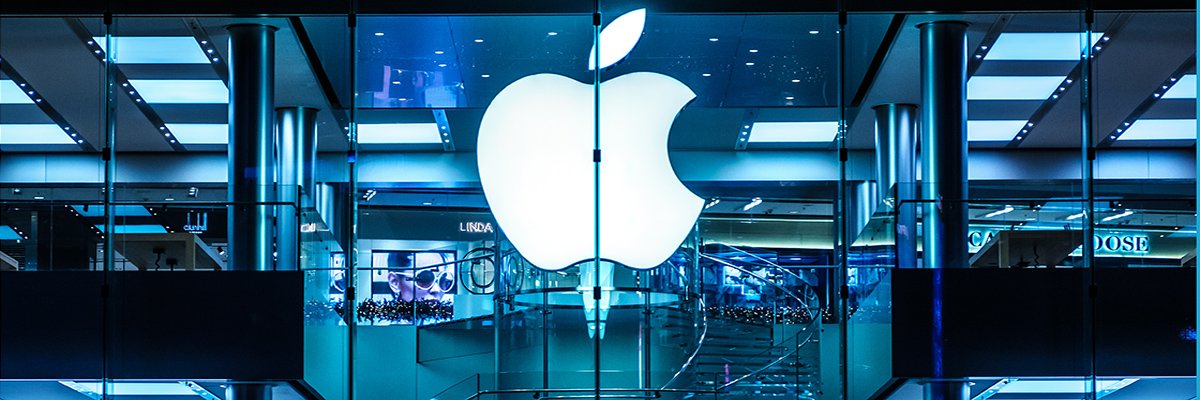The US director of national intelligence said that the UK has agreed to drop demands for Apple to create a “back door” that would have enabled the UK to gain access to the data of US citizens.
Tulsi Gabbard said the announcement follows discussions over the past few months with the UK, the vice president JD Vance and president Donald Trump over the UK’s decision to issue an order against Apple requiring back-door access to encrypted data stored on Apple’s iCloud that could affect US citizens.
The announcement brings an end to a simmering political row between the US and the UK, following the Home Office Secretary’ Yvette Cooper’s decision to issue a secret order under the Investigatory Powers Act 2016 against Apple in January.
The decision led Apple to withdraw its Advance Data Protection (ADP) service, which offers encrypted cloud storage services, from UK customers, stating “we have never built a backdoor or master key to any of our products or services and we never will”.
The Home Office has not stated whether it would continue to require Apple to provide access to encrypted data stored by UK users if Apple where to reinstate its ADP Service to Apple customers in the UK.
The Home Office said in a statement that it had longstanding arrangements with the US to tackle threats such as terrorism and child abuse, which included safeguards for privacy and state sovereign.
Risk to US civil liberties
Gabbard wrote in a statement on Twitter: “Over the past few months, I’ve been working closely with our partners in the UK, alongside @POTUS and @VP to ensure Americans’ private data remains private and our Constitutional rights and civil liberties are protected.”
“As a result, the UK has agreed to drop its mandate for Apple to provide a ‘back door’ that would have enabled access to the protected encrypted data of American citizens and encroached on our civil liberties,” she said.
According to a report by the Financial Times, quoting a US official, Vice President JD Vance, who has previously attacked Europe and the UK for limiting free speech, intervened to ensure the UK government withdrew “the currentback-door order” to Apple.
Gabbard publicly raised concerns in a letter to US lawmakers that the UK’s order against Apple could “undermine Americans’ privacy and civil liberties”. President Trump has also criticised the order as something that would be expected in China.
Apple has made a formal complaint to the Investigatory Powers Tribunal over the UK order, known as a Technical Capability Notice, which is due to be heard in early 2026.
The Investigatory Powers Act 2016, also known as the “Snoopers Charter” allows the UK to impose orders on companies requiring them to make technical changes to their systems, to allow access to data by UK law enforcement and intelligence services, and applies both in the UK and extraterritorially.
The Home Office said that its joint security and intelligence arrangements with the US to tackle the most serious threats such as terrorism and child sexual abuse “have long contained safeguards to protect privacy and sovereignty”.
The Home Office pointed to the US-UK Data Access Agreement, which allows UK and US law enforcement to request data from telecommunications companies, when investigating serious crimes, “ includes critical safeguards to prevent the UK and US from targeting the data of each other’s citizens”.
“We will continue to build on those arrangements and we will also continue to maintain a strong security framework to ensure that we can continue to pursue terrorists and serious criminals operating in the UK. We will always take all actions necessary at the domestic level to keep UK citizens safe,” a spokesman said.
The Home Office said that it did not comment on operational matters including confirming or denying the existence of orders made under the Investigatory Powers Act.
